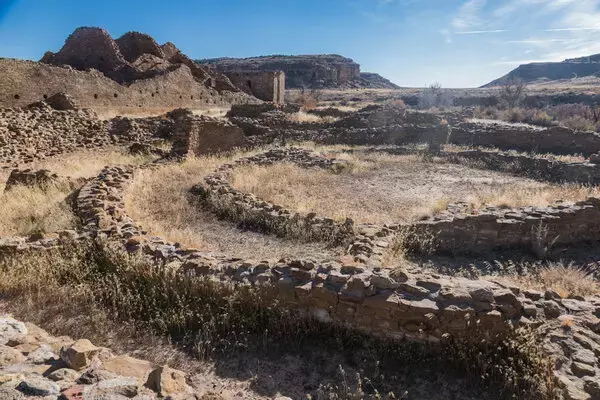It is generally considered ethical for researchers studying ancient DNA to involve descendant communities in the research process. This includes seeking their input and involvement in the study design, as well as ensuring that the results are shared and discussed with them in a way that is respectful and sensitive to their cultural heritage.
Involvement of descendant communities can also help to ensure that the research is conducted in a way that is culturally appropriate and respectful of the individuals and communities whose ancestors are being studied. It also helps to establish more meaningful ways of engaging with indigenous communities and helps to build trust and collaboration between researchers and communities.
Scientists can trace human evolution and make important discoveries about modern populations by analyzing ancient DNA. The data revealed by ancient DNA sampling can be valuable, but the human remains that carry this ancient DNA are often those of modern Indigenous groups’ ancestors, and some communities have expressed concerns about the ethics of outside sampling. A group of scientists argues for the inclusion of descendant communities in all aspects of the research process in a paper published on January 11 in the journal Human Genetics and Genomics Advances.
Allowing descendant communities to guide ancient DNA research is critical because most risks and benefits resulting from research on their Ancestors are realized by descendant communities—not researchers.
Emma Kowal
“Allowing descendant communities to guide ancient DNA research is critical because most risks and benefits resulting from research on their Ancestors are realized by descendant communities—not researchers,” say the authors, led by Emma Kowal, an anthropologist at Deakin University. “Without this guidance from descendant communities, ancient DNA research can be an extractive and exploitative science that propagates the consequences of colonial practices.”
The authors advocate for rigorous involvement with existing groups, despite logistical difficulties. “Communities should be equal partners with scientists in the research process. It is true that identifying which communities should be recognized as research partners can be challenging, even in countries such as the United States where there is longstanding recognition of hundreds of tribes,” say the authors. “However, these challenges are not a reason to exclude groups that may have rights and interests in ancient DNA research.”

In their peer-reviewed commentary, the authors conclude that the ability to adhere to stringent guidelines for community involvement should be part of the decision to move forward with research or not. “If a research team does not have the capacity to meaningfully engage descendent communities, questions must be asked about the value and benefit of their research,” they write.
Additionally, descendant communities can offer unique perspectives and insights that can help to inform and enrich the research and help to ensure that the research is conducted in a way that is beneficial for the communities. It can also help to ensure that research findings are used in ways that are beneficial for the communities as well.
However, It’s important to note that involving descendant communities in research can also present certain challenges, such as finding effective ways to communicate with and involve communities that may have different cultural perspectives or ways of understanding the research.





